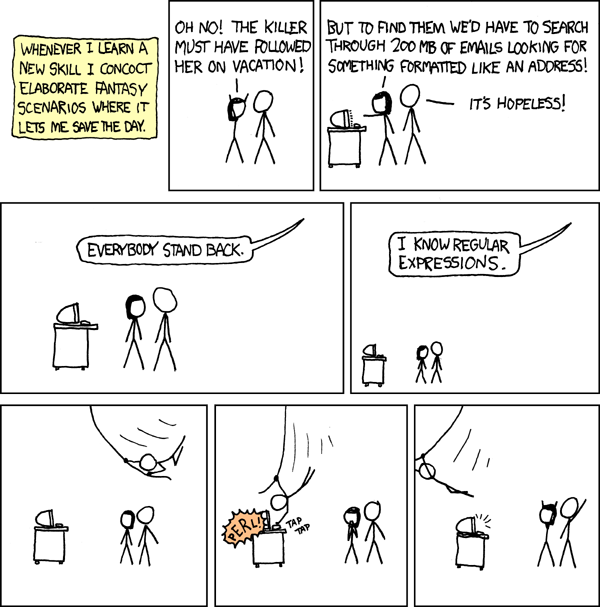Ruth Kitchin Tillman
Cataloging Systems and Linked Data Strategist
Penn State University
I am work as the Cataloging Systems and Linked Data Strategist at the Penn State University Libraries. My role spans traditional and emerging technologies from launching a new version of the Libraries’ catalog to exploring opportunities in linked data, supporting projects of the Cataloging and Metadata services department, and helping others reuse our data for their work. I have previously worked with library repositories, as the Digital Collections Librarian at the University of Notre Dame and as the Metadata Librarian at NASA Goddard. I’ve been working in libraries, part- and fulltime, since 2001.
While still in graduate school, I created EADiva.com, a beginner-friendly version of the EAD 2002 tag library. I have created an EAD3 version of the site while continuing support of the previous version. In my time as co-chair of the EAD Roundtable, I led the creation of an official FAQ.
More recently, I’ve participated in the Art & Rare Materials Bibframe extension project, advised NISO on ways it may support and advance the use of linked data for information providers and consumers, and created materials for Wikidata work. I believe in lowering barriers to understanding metadata/descriptive practices. Many people who are intimidated by something sounding technical can learn if it’s presented in the proper fashion and with an assumption of their competence in other areas.
My research agenda has long been driven by concern for the working conditions of colleagues. Sometimes this concern rises to the surface of the research, such as with the Collective Responsibility Forum; other times it clearly underlies it, as in my interviews with library system maintainers or my essay Repository Ouroboros; and even when it is not at the forefront, concern for labor and morale often motivates the underlying question, such as my survey on rates of faculty self-deposit into institutional repositories. I am currently researching the longer-term impacts of library systems migration on staff who use these systems daily.
Interests
- Labor and maintenance
- Linked data
- Cataloging and metadata ethics
- Quilting and texile arts
- Ham radio (KC3AF)
Education
-
Master's Degree in Library Science, 2013
University of Maryland iSchool
